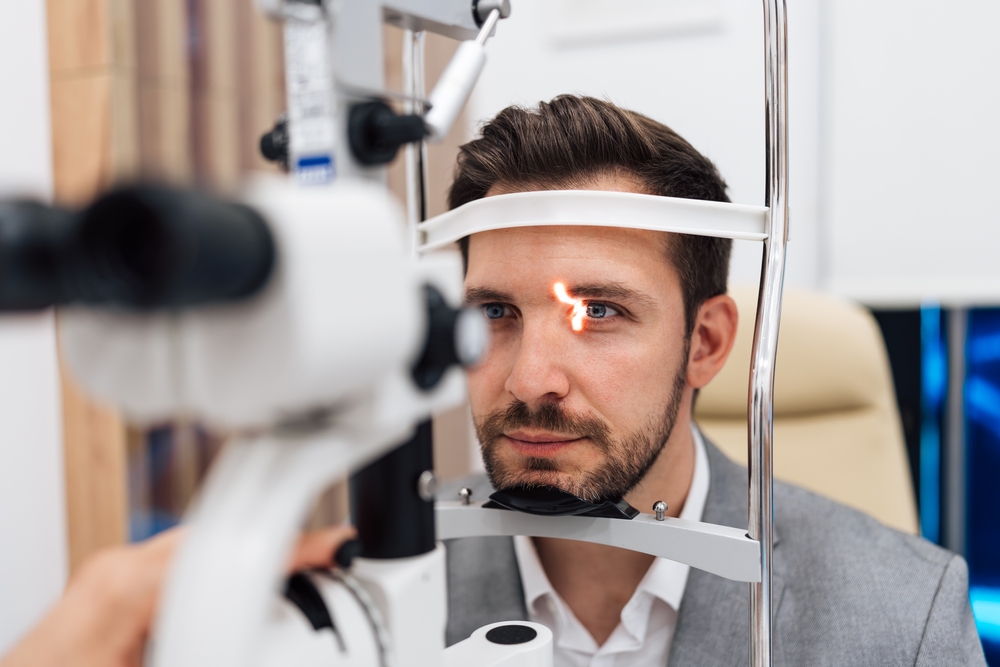
Glaucoma is a complex eye condition that affects the optic nerve, the vital structure responsible for transmitting visual information from the eye to the brain. This progressive disease can lead to irreversible vision loss if left untreated. The primary cause of glaucoma is an increase in intraocular pressure (IOP), which can damage the delicate optic nerve fibers.
The Importance of Early Detection in Glaucoma
Glaucoma is often referred to as the "silent thief of sight" because it can progress without obvious symptoms in the early stages. By the time vision loss becomes noticeable, significant and irreversible damage to the optic nerve may have already occurred. Early detection is crucial in managing glaucoma effectively and preventing vision impairment.
When glaucoma is identified and treated in its early stages, eye doctors can employ various strategies to slow down the progression of the disease and preserve your vision. The key to successful glaucoma management is to catch the condition early, before substantial vision loss has occurred. Regular comprehensive eye exams play a vital role in this process, as they can detect the earliest signs of glaucoma and enable timely intervention.
How Regular Eye Exams Can Detect Glaucoma
Regular comprehensive eye exams are the cornerstone of glaucoma detection and management. These examinations allow optometrists to identify the early signs of glaucoma, even before you experience any noticeable vision changes.
During a comprehensive eye exam, your optometrist will perform a series of tests and evaluations specifically designed to detect glaucoma, including:
- Tonometry: This test measures the pressure inside your eye (intraocular pressure or IOP). Elevated IOP is a primary risk factor for glaucoma.
- Optic nerve evaluation: Your healthcare provider will closely examine the optic nerve, looking for any signs of damage or changes in its appearance, which can be an early indicator of glaucoma.
- Visual field testing: This assessment measures your peripheral (side) vision to identify any blind spots or areas of vision loss, which can be a sign of glaucoma.
- Gonioscopy: This specialized test examines the drainage angle of your eye, which can provide valuable information about the underlying cause of increased IOP.
- Optical coherence tomography (OCT): This advanced imaging technique creates detailed cross-sectional images of the optic nerve and retina, allowing for early detection of glaucoma-related changes.
Your optometrist can detect the earliest signs of glaucoma and initiate appropriate treatment to prevent or slow down vision loss.
Schedule an Eye Exam with Eyecare Associates Optometric Group Today
Glaucoma is a complex and potentially devastating eye condition, but with early detection and proper management, its progression can be slowed, and vision loss can be prevented. Regular comprehensive eye exams are the cornerstone of glaucoma detection, as they allow eye care providers to identify the earliest signs of the disease and initiate timely treatment.
Make your eye health a priority by scheduling your comprehensive eye exam today and take the first step towards protecting your vision for the years to come. Visit Eyecare Associates Optometric Group at our office in Azusa, California, or call (626) 804-3266 to book an appointment today.






